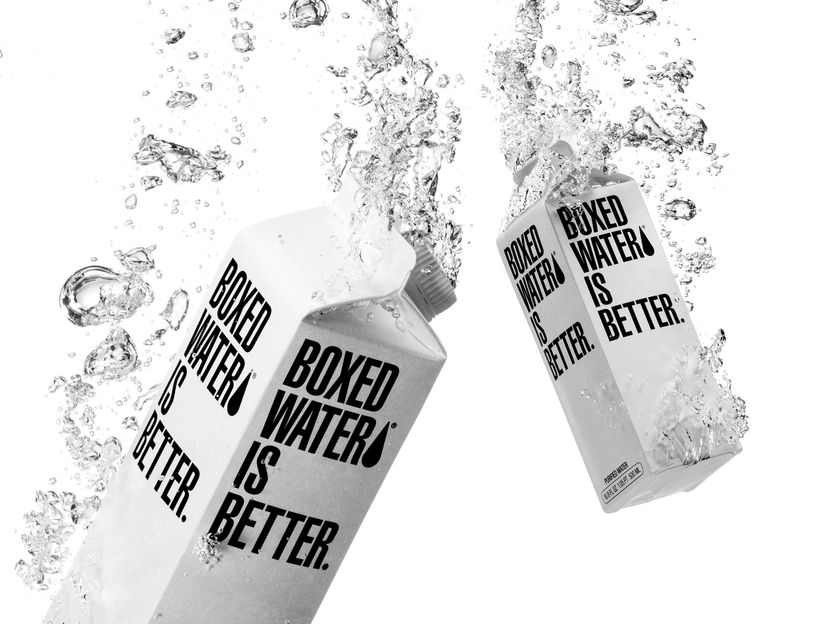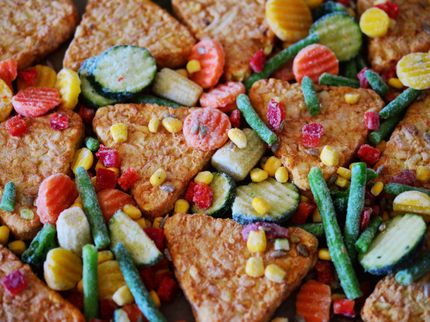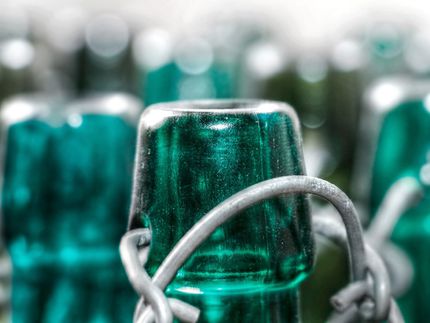Consumers can pick up beverage cartons with a clear conscience
It doesn't always have to be the returnable glass bottle. Beverage cartons are sometimes even better for the environment. This is shown by a current life cycle assessment. But much depends on the content.

Photo by Boxed Water Is Better on Unsplash
According to a recent study, environmentally conscious consumers do not do anything wrong when they buy milk in beverage cartons instead of glass bottles. And when it comes to buying juices and fruit nectars, beverage cartons are not a bad choice from an environmental point of view either. This is the result of a study carried out by the Institute for Energy and Environmental Research (ifeu) in Heidelberg on behalf of the "Carton Packaging for Liquid Food" trade association.
A spokesman of the Federal Environment Agency (UBA) confirmed to the dpa on request that the study "reflects the average German conditions" well, which is why the result is also meaningful. In the case of milk and fruit juices, beverage cartons would have high market shares. In returnable bottles, on the other hand, they are offered less frequently, which is why the transport routes are often long. "With a larger and optimized reusable offer, reusable systems would perform better - as is also the case with beverages subject to deposit," said the spokesman.
For one year, the Heidelberg Institute examined the most common beverage packaging for juice, fresh milk and UHT milk - returnable glass bottles, PET bottles and beverage cartons - for their ecological footprint. The life cycle assessment examined the entire packaging process - from manufacture and use to disposal and recycling. All transports were also included. According to the authors, this is the first packaging eco-balance to be prepared in accordance with the new UBA minimum requirements. Following a critical examination, the Freiburg-based Öko-Institut already assessed the study as an important technical contribution to the discussion on beverage packaging.
The result: the beverage carton is the first choice for fresh milk in particular. In seven of the eight impact categories examined in the Life Cycle Assessment - such as climate change, acidification or particulate matter - the beverage carton performed better than the returnable bottle. One reason: Every returnable bottle of fresh milk has to be transported an average of 1231 kilometres in Germany - 779 kilometres more than a milk carton. In addition, the packaging weight of cartons is lower compared to their contents.
The situation with fruit juices and nectars is not quite so clear.
In a comparison of the life cycle assessments of beverage cartons and returnable bottles, there is light and shade on both sides. The 1-litre beverage carton showed no significant advantages or disadvantages compared with the returnable bottle, while the 1.5-litre beverage carton showed "an overall advantageous picture", according to the study.
The PET non-returnable bottles were consistently the worst performers in the packaging comparison. Reasons are the high consumption of fossil raw materials in the production of packaging and poor recycling rates. In fruit juices in particular, PET bottles are predominantly made from a composite of PE and polyamide and are therefore often used for thermal recycling, the researchers emphasised.
The scientific director of the study, Benedikt Kauertz, stressed that due to the high proportion of renewable raw materials in the packaging body, the beverage carton is "a kind of windmill among beverage packaging" - still with optimisation potential, but already good for the climate.
Note: This article has been translated using a computer system without human intervention. LUMITOS offers these automatic translations to present a wider range of current news. Since this article has been translated with automatic translation, it is possible that it contains errors in vocabulary, syntax or grammar. The original article in German can be found here.























































